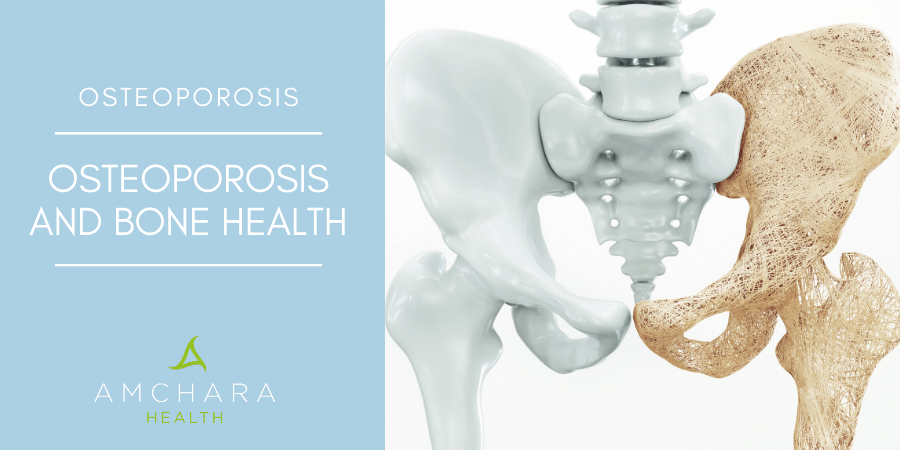Topics Covered in this article:
The gut plays a central role in our overall health, including the functioning of our immune system. Emerging research has shown a strong connection between gut health and the development of autoimmune diseases.
In the modern internet world there is an overwhelming amount of information; it can be hard to find health advice that you can trust, particularly as the main media channels are typically dominated with a single, orthodox narrative.
We’re dedicated to providing you with both insightful information and evidence-based content, orientated towards a holistic and Personalised Health approach, to help you on your journey to optimal health.
In this article we will explain what an autoimmune disease is, explore the connection between gut health and autoimmune diseases, provide examples of effective management strategies for people with autoimmune diseases, and look at how to reduce the risk of autoimmune diseases through optimising both gut health and other aspects of overall health.
What is an autoimmune disease?
An autoimmune disease is a condition in which the immune system mistakenly attacks the body’s own tissues, which causes inflammation and damage to various organs and systems. The immune system is designed to protect the body from harmful substances like bacteria and viruses. However, in autoimmune diseases, the immune system becomes dysfunctional and targets healthy cells and tissues, mistaking them for foreign invaders.
There are many different factors that can contribute to the development of these diseases.
Other factors that may contribute to the development of autoimmune diseases include gut health, with imbalances in gut microbiota and increased intestinal permeability (leaky gut) being linked to autoimmune conditions. Hormonal imbalances, particularly in women, can also influence immune function and contribute to autoimmune disease risk.
Autoimmune diseases can occur from a combination of genetic, environmental, lifestyle, and other factors that contribute to immune dysfunction and the development of autoimmune responses against the body’s own tissues. Understanding these factors and adopting a holistic approach to health can help reduce the risk of developing autoimmune diseases and promote overall wellbeing.
The connection between gut health and autoimmune diseases
The gut is home to trillions of microorganisms, collectively known as the gut microbiota, which play a crucial role in maintaining immune balance and overall health.
Disruptions in gut health, such as dysbiosis (an imbalance in gut microbiota), increased intestinal permeability (leaky gut), and inflammation, have been linked to the development and progression of autoimmune diseases.
While the bacteria in the intestine are helpful for digesting food and fighting infections, it is also known that they can play a role in triggering autoimmune diseases. Research has found that an abundance of specific gut bacteria can trigger an autoimmune response, causing the immune system to mistakenly attack healthy cells.
Studies also suggest that exposure to stress can cause an imbalance in gut bacteria and lead to a higher risk of an autoimmune attack.
Effective management strategies for autoimmune diseases
While autoimmune diseases cannot be cured, effective management strategies can help control symptoms, reduce inflammation, and improve overall quality of life.
Here are some proven strategies that can help.
Reducing the risk of autoimmune diseases
While the exact causes of autoimmune diseases are not fully understood, optimising gut health and adopting a healthy lifestyle can help reduce the risk of developing these diseases.
Here are our top lifestyle tips to reduce your risk and boost your overall health, naturally.
Takeaway
The connection between gut health and autoimmune diseases underscores the importance of maintaining a healthy gut microbiota and overall lifestyle for immune balance and disease prevention. By adopting a balanced diet, engaging in regular physical activity, managing stress, and avoiding toxins, you can optimise gut health, support immune function, and reduce the risk of developing autoimmune diseases.
For people with autoimmune diseases, effective management strategies such as anti-inflammatory diet, probiotics and prebiotics, and stress management techniques can help control symptoms and improve quality of life.
Embracing a holistic approach to health that prioritises gut health, along with other aspects of physical, mental, and emotional wellbeing, is key to achieving optimal health and preventing autoimmune diseases.
If you are looking to optimise your health, why not come to one of our beautiful retreats, either in the tranquil English countryside or on the beautiful Mediterranean island of Gozo.
On an Amchara health retreat you will be immersed in a supportive and nurturing environment that enables you to switch off, relax and kickstart your health journey, with tailored advice from our Personalised Health practitioners, taking into account your individual health circumstances and goals, and including physical activities and empowering, educational talks.
Our retreats are designed to help you detoxify both physically and mentally, and our Personalised Health practitioners will support you, and empower you to ‘Change for Good’.




